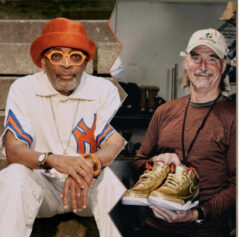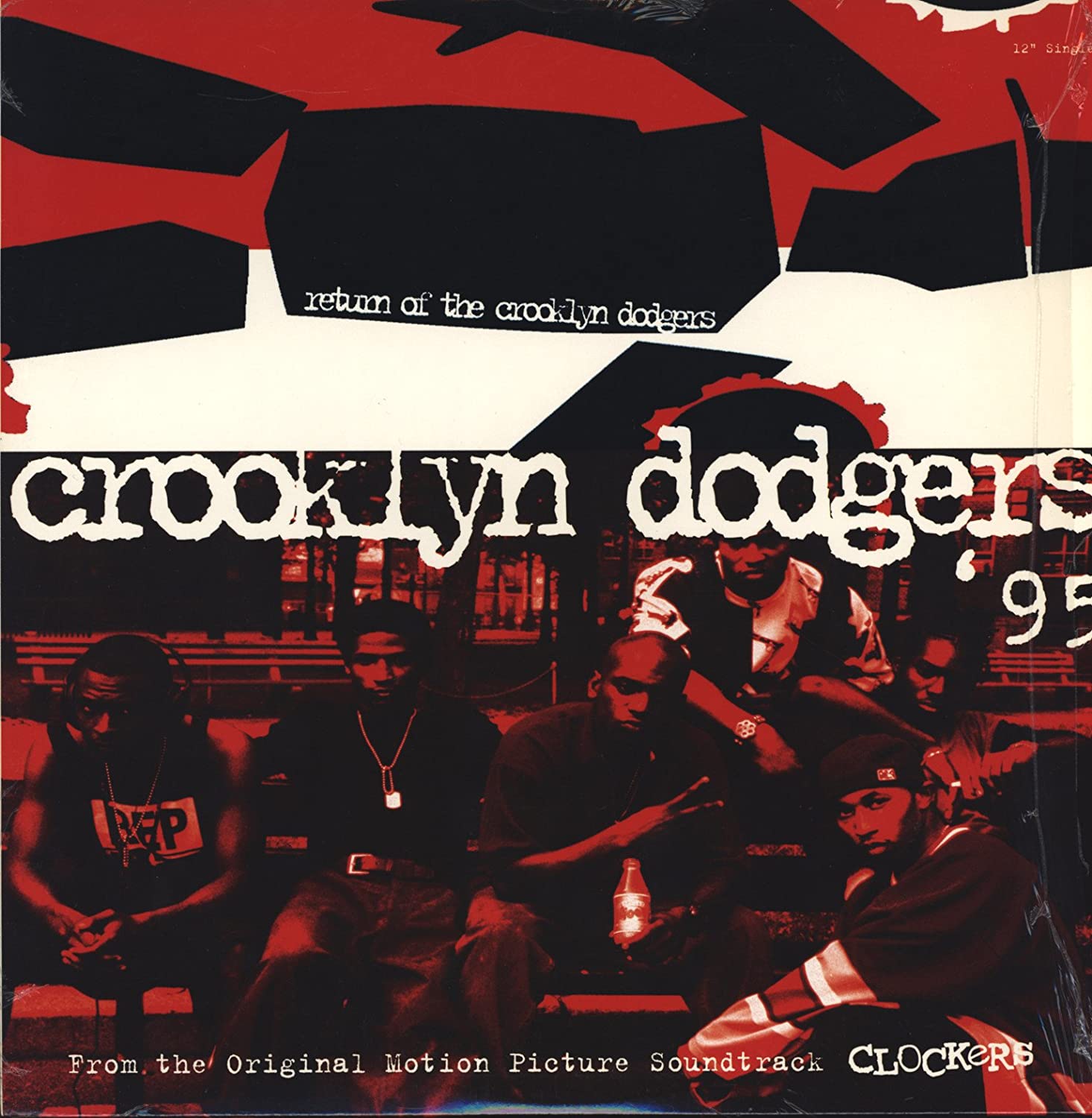The importance of mentorship within the film world for African Americans looking for success working in cinema production cannot be overstated. Getting the job is one thing. Thriving is completely different in such a highly competitive field. But when given the opportunity to be in the company of greats, learning positive traits is fuel for the creative, critical thinker. For director, film editor and cinematographer Randy Wilkins, learning from and working for Spike Lee has been a shaper of personal film philosophy and general cinematic outlook. “[Spike] is definitely somebody who has helped my career, has helped my filmmaking skills, and he has helped me improve my craft,” says Wilkins, a Bronx, NY native. “He’s had a tremendous impact on my filmmaking career so far.”
Ironically, Randy is reluctant to assume the role of "Spike Lee's Protégé." But The Shadow League calls it the way we blatantly see it. A two-time Emmy Award winner, Wilkins’ accolades come from editing work on commercials for PIX 11 and FOX 59. No stranger to festival circuit awards and stellar professional ethic, he’s worked on numerous acclaimed Spike Lee Joints including Mike Tyson: Undisputed Truth (assistant editor), If God Is Willing and da Creek Don’t Rise (assistant editor), and When the Levees Broke: A Requiem in Four.
“I’ve been in film for around 10 years now,” says Wilkins, who most recently was editor on Spike’s upcoming kickstarter-funded vampire inspired film Da Sweet Blood of Jesus. “I use [graduating from NYU in 2004] as the moment where I was giving my full commitment to a film making career. I had done some projects prior to that, but at the time I didn’t really think I would become a filmmaker. So that’s why I use 2004 as a marker.”
In any mentor-student relationship, there are methods of doing business that will transfer from teacher to pupil. But there will also be other aspects and nuances of the craft that the pupil must come up with on his own. Wilkins incorporates lessons learned from Spike into the overall tapestry of his cinematic craftsmanship.
“It’s really an attitude toward the overall approach to storytelling. I’ve learned a lot about work ethic, what it takes to get a project done, what it takes to get a project out in the world, the importance of music to a film, the importance of rhythm for a film,” says Wilkins who directed the short Osvaldo's, which has garnered multiple award wins on the festival circuit. “There isn’t one particular skill that has really stood out. It’s pretty much been the entire package. I’ve learned to build a film from scratch all the way to the end credits. I’ve just had a lot of exposure to the process, his approach and his attitude toward filmmaking. I’ve had the privilege and honor to be a part of the process. I think it’s more of a self-conscious thing at this point. I think I always keep those elements in mind when I’m working on my own stories, and my own projects.”
“At the beginning of the film you’re establishing a pace from the first frame of the film. You’re establishing elements of that world that you’re presenting to an audience and you want to maintain those elements throughout the film. Is it a fast type of film? Or is it something that allows the editors to work within the frame? Or is the edit going to help it? You establish that right from the beginning of the film and you have to maintain that throughout the film, and you have to do it when it’s appropriate in the film itself,” he says dropping knowledge. “You can’t have a really dramatic scene between two people and make it seem like an action sequence and, by contrast, you can’t have an action scene where there’s only one or two cuts. You have to bring a certain type of excitement, a certain energy to it. You have to go off what the story is telling you at that time and be true to that. That’s not always a solid rule, but a general guideline. Once you’ve established your rhythm you have to be consistent throughout the entire film.”
Staying consistent in his drive toward success, Wilkins is currently focused on his latest personal project, another award-winner, the short film Docket 32357. Taking a look into the lives of two isolated married women united by tragedy, Docket 32357 has been chosen as an official selection at a slew of festivals this year including the Toronto Black Film Festival, the Florence Short Film Showcase, the Montreal Black International Film Festival, and last year’s Newport Beach Film Festival, Urbanworld, and 2013’s Langston Hughes African American Film Festival. Adding to his wins, the short film turned web series has also earned the Huffington Post Black Voices Breakthrough Theater Grand Jury Prize, the Audience Award Winner of the 2012 International Black Film Festival of Nashville, a nomination for the 2013 Birmingham Black Film Festival as Best Short Film, and an award for Best Film at this year’s Florence Short Film Showcase. Despite this long list of success and love, Wilkins still down plays it.
“Docket 32357 has played at over 20 festivals alone, we’ve won a couple of awards,” he says. “We have had some success on the festival circuit. It just comes down to having good work and I also think it just comes down to building relationships. But I am thankful for the festivals that I have been a part of. I’ve been successful, but I always want to elevate and get to the next level. Hopefully, I’ll be able to get to Sundance one day.”
Check out the trailer for the award-winning webseries Docket 32357 below. For a look at the full episodes log on to www.docket32357.com.



